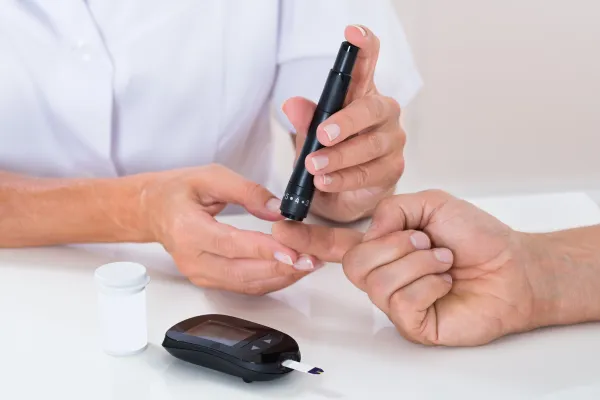Ophthalmology and Optometry Coding Alert
Reader Question:
Don't Automatically Write off Deceased Patients' Bills
Published on Wed Jan 22, 2020

You’ve reached your limit of free articles. Already a subscriber? Log in.
Not a subscriber? Subscribe today to continue reading this article. Plus, you’ll get:
- Simple explanations of current healthcare regulations and payer programs
- Real-world reporting scenarios solved by our expert coders
- Industry news, such as MAC and RAC activities, the OIG Work Plan, and CERT reports
- Instant access to every article ever published in Revenue Cycle Insider
- 6 annual AAPC-approved CEUs
- The latest updates for CPT®, ICD-10-CM, HCPCS Level II, NCCI edits, modifiers, compliance, technology, practice management, and more
Related Articles
Other Articles in this issue of
Ophthalmology and Optometry Coding Alert
- E/M Coding:
Check Notes When Differentiating Between E/M, Eye Codes
Plus: Know which visits have a medical element. Unlike other specialties, eye care professionals have [...] - Compliance:
Avoid These Common Issues to Stay off CMS' List of Errors
Report: Optometrists log more DME coding errors than any other specialty. Keeping track of all [...] - Privacy:
Consider 7 Essential Tips to Keep Patient Info Secure in 2020
Update policies frequently, experts say. Your eye care practice is probably getting the hang of [...] - You Be the Coder:
Eye 92100 for Diurnal Curve Testing
Question: Our ophthalmologist checked pressures over the course of several hours for glaucoma, and recorded [...] - Reader Question:
Take These Steps Following Internal Audit
Question: We read your article last month on internal audits and are starting to launch [...] - Reader Question:
Don't Automatically Write off Deceased Patients' Bills
Question: We are working to collect on an account and have just learned that the [...] - Reader Question:
Separate Diagnoses Not Required for Modifier 25
Question: Our office manager says separate diagnoses are not required to use modifier 25, but [...] - Reader Question:
Consider the Details When Repairing Lid Laceration
Question: Our ophthalmologist took a patient into the OR for repair of lid laceration and [...]
View All




